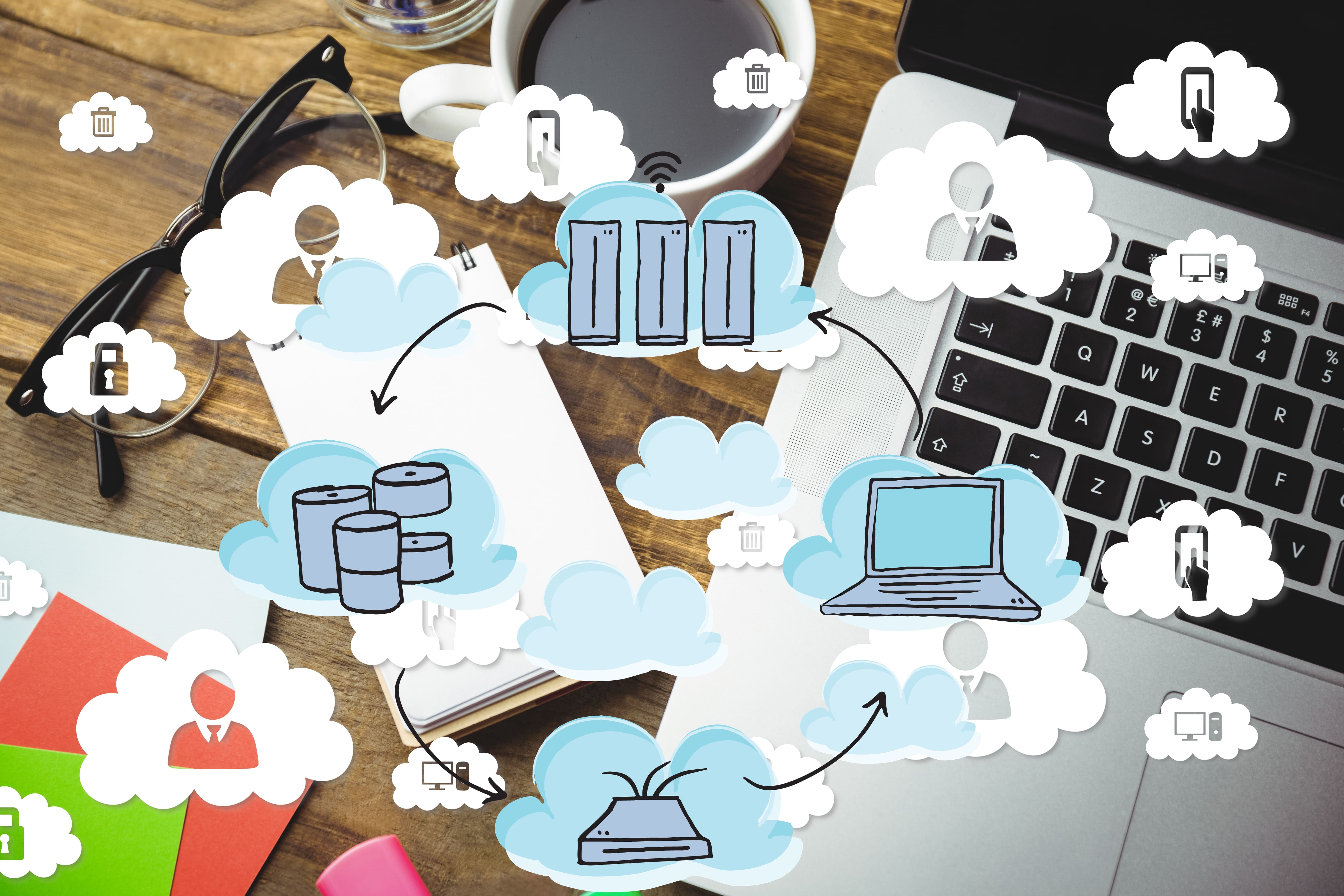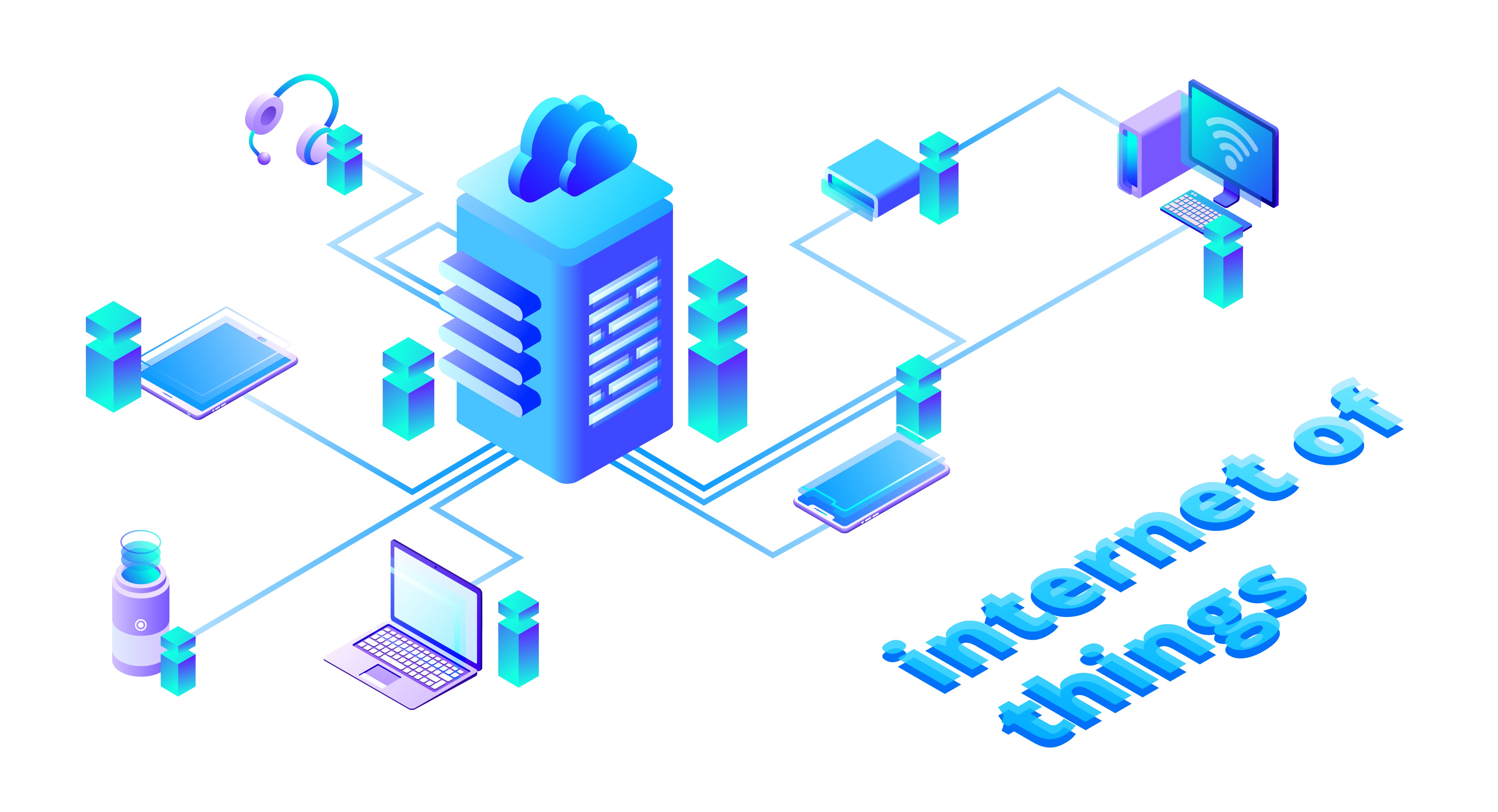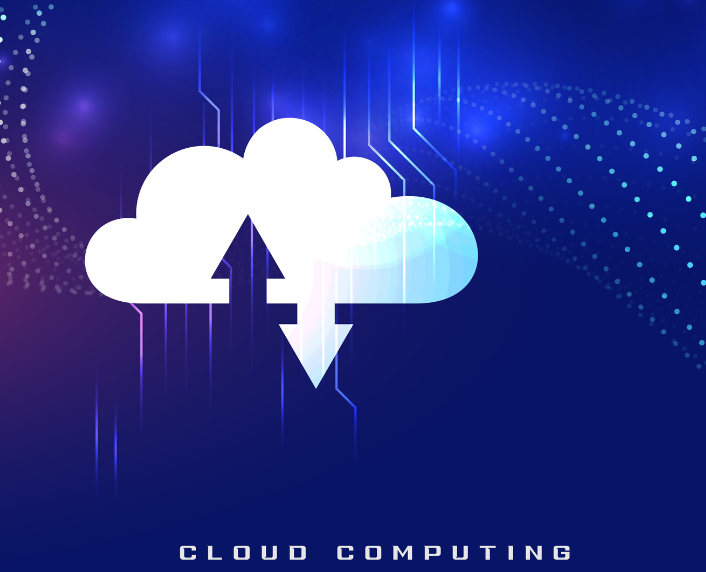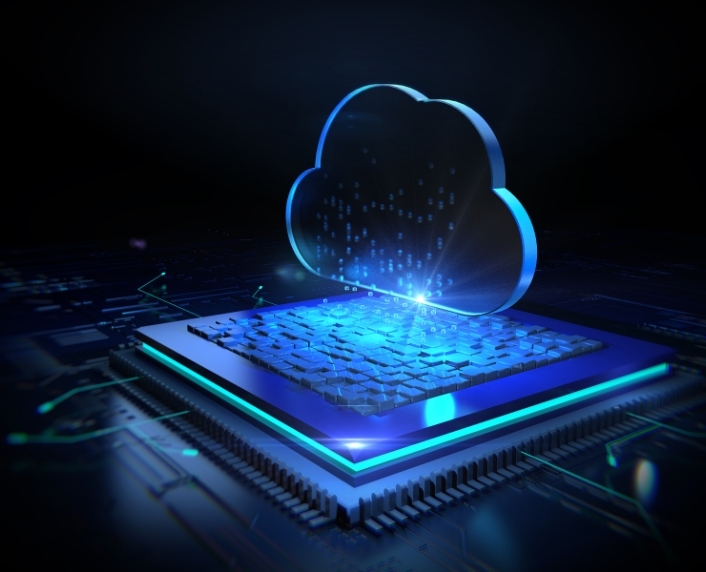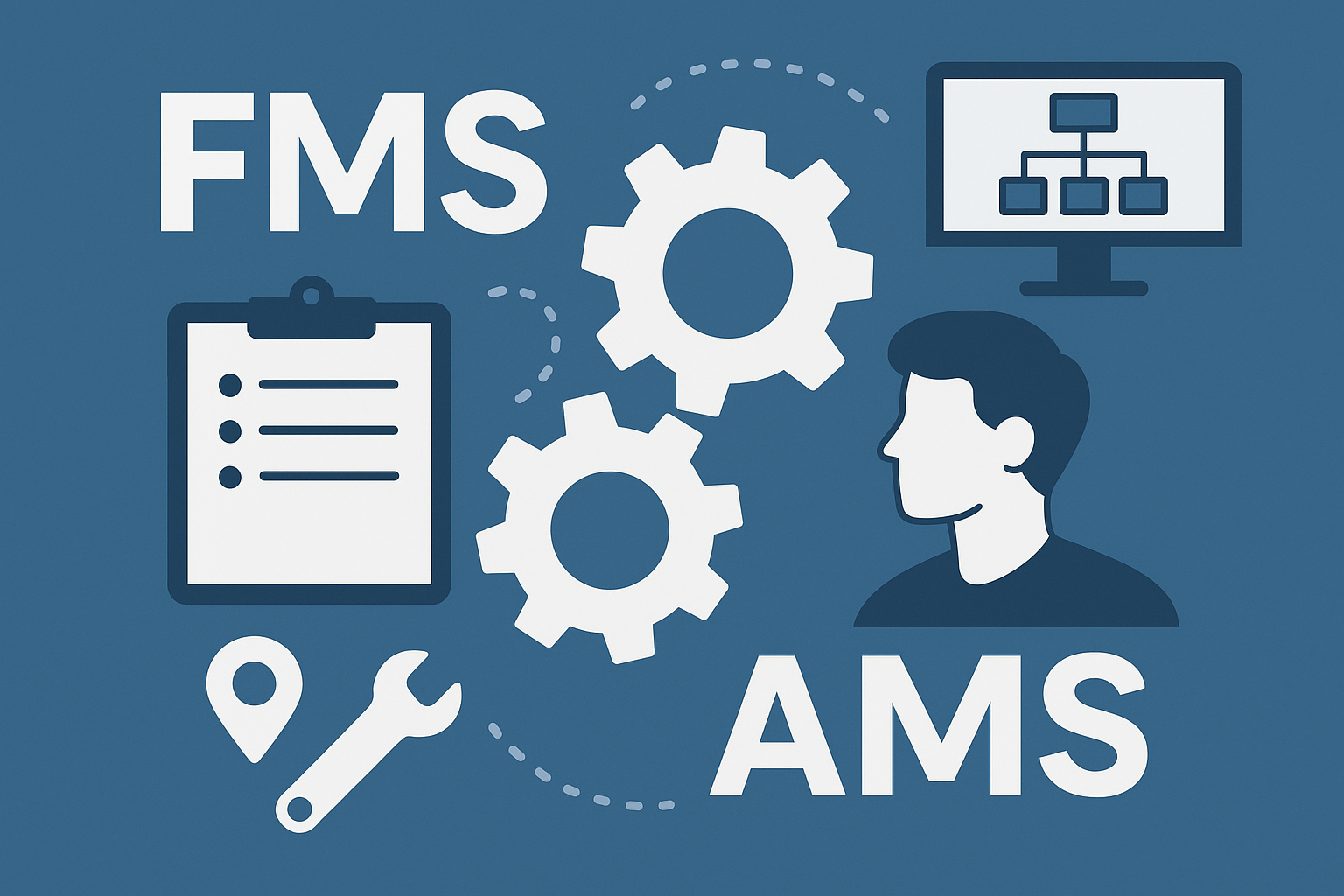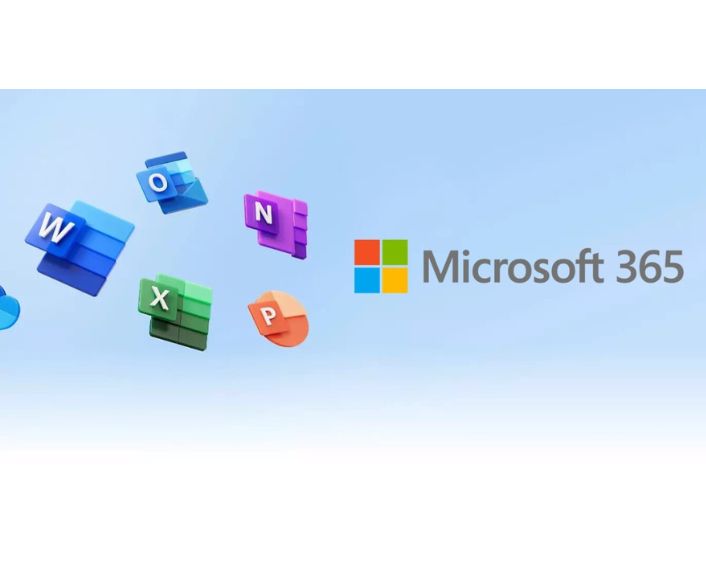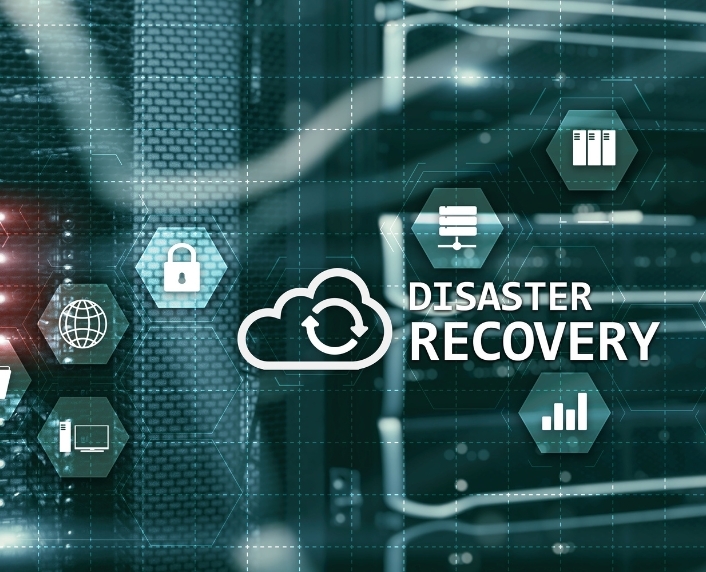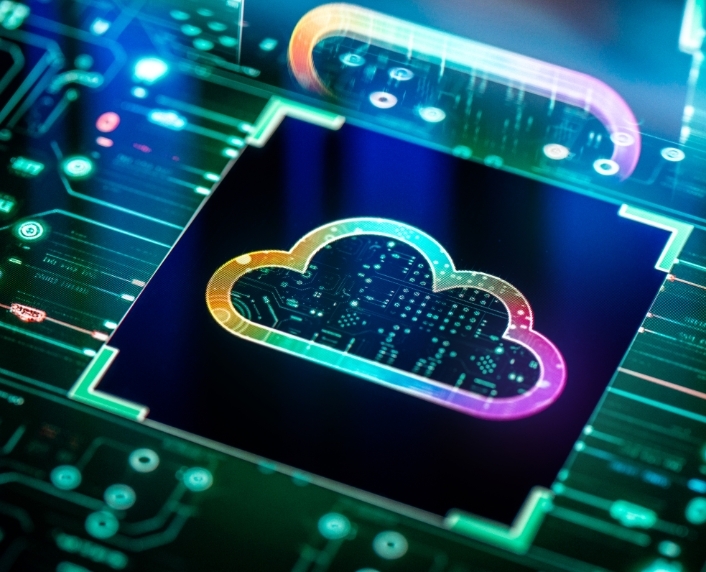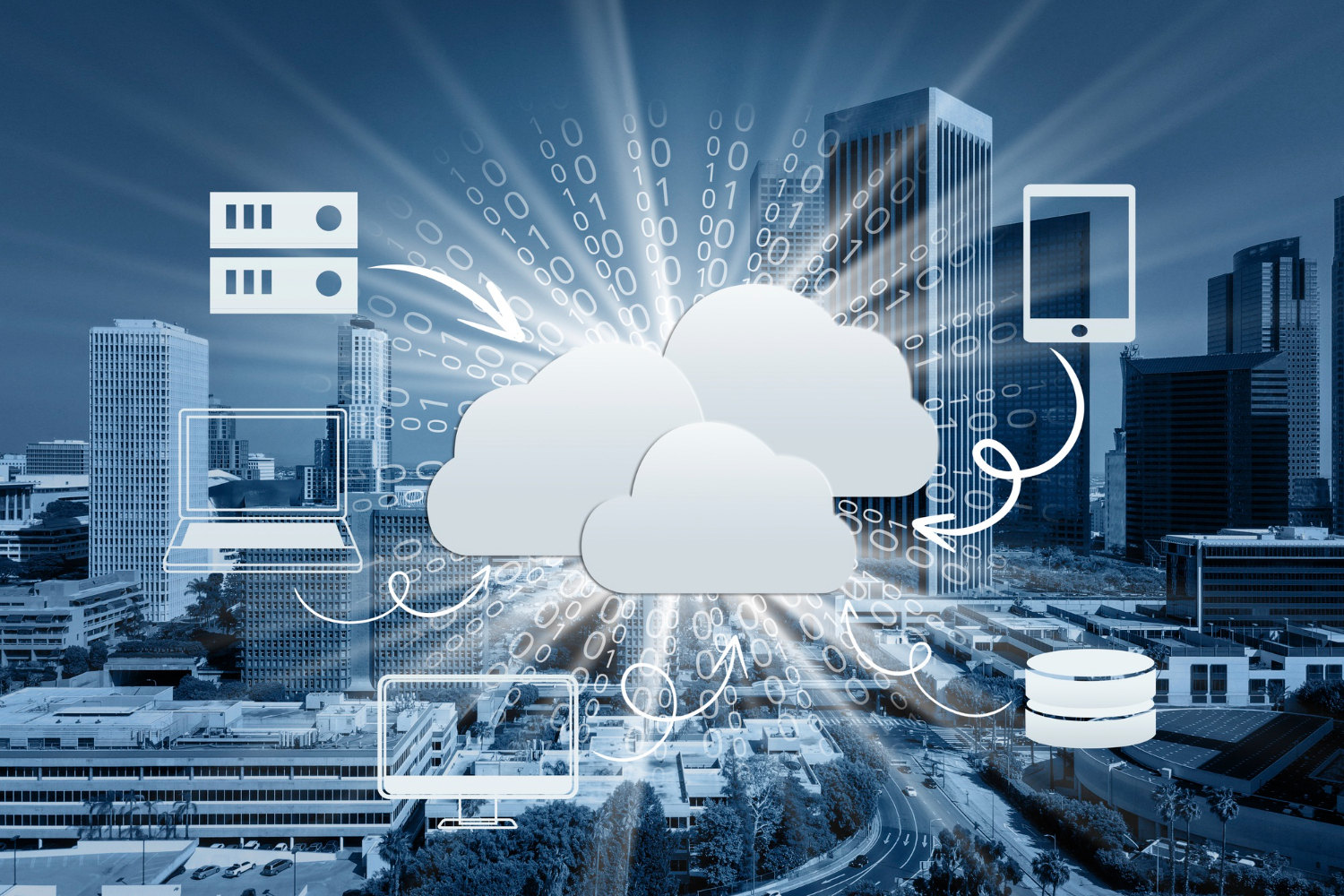
Are you confused about the difference between cloud computing and data centers? So, many businesses struggle to understand which option is best for storing, managing, and processing their data. Both cloud computing and data centers play a vital role in supporting IT operations, but they are set up, managed, and accessed in very different ways.
In this blog, we’ll explore what sets these two solutions different, highlight their unique benefits and cloud computing vs data center, and help you determine which approach best fits your business needs.
What is a Data Centre
A data center is a physical facility that organizations use to house their critical applications and data. It consists of servers, storage systems, networking equipment, and other hardware, all managed and maintained by the organization or a third-party provider.
Key Features of Data Centers:
- Physical location with dedicated hardware
- Managed by in-house IT staff or external vendors
- High upfront costs for equipment and infrastructure
- Complete control over security and customization
What is Cloud Computing
Cloud computing refers to delivering computing services, including servers, storage, databases, networking, software, and analytics, over the internet. Instead of owning and maintaining physical hardware, businesses rent resources from cloud service providers like Amazon Web Services (AWS), Microsoft Azure, or Google Cloud.
Key Features of Cloud Computing:
- No need for physical infrastructure on-site
- Services are accessed via the internet
- Pay-as-you-go pricing model
- Scalable and flexible resources
Difference between Cloud Computing and Data Center
Cloud computing and data centers are both essential for modern IT infrastructure, but they serve different purposes and operate in distinct ways. Understanding the cloud computing vs data center is important for organizations deciding how to best manage their data and resources.
|
Data Center |
Cloud Computing |
|
|
Definition |
Physical facility for storing, managing, and processing data |
Virtualized service providing on-demand access to computing resources |
|
Ownership |
Owned and managed by the organization |
Owned and managed by a third-party provider |
|
Infrastructure |
Dedicated hardware and software |
Shared hardware and software across multiple clients |
|
Scalability |
Limited by physical capacity and upgrades |
Highly scalable; resources can be added or removed quickly |
|
Availability |
Limited to physical location and connectivity |
Accessible from anywhere with an internet connection |
|
Security |
Organization manages physical and network security |
Security is managed by the provider, with advanced protocols in place |
|
Cost |
High initial investment and ongoing maintenance |
Cost-effective for many businesses |
|
Customization |
Highly customizable for specific needs |
Limited customization for standard services |
Data Center vs Cloud: Pros and Cons
When deciding between a data center and cloud computing, it’s important to know the strengths and weaknesses of each option. Here’s a clear breakdown of the main pros and cons for both, based on recent industry insights:
Data Center Pros
- Full Control: Organizations have complete authority over their hardware, software, and security protocols, allowing for customized solutions customised to specific business needs.
- Customization: High flexibility to design and configure infrastructure, applications, and security measures according to unique requirements.
- Compliance: Easier to meet strict regulatory or industry compliance standards since all data and systems are managed internally.
- Visibility: Direct access to and oversight of all IT assets, making it easier to monitor performance and troubleshoot issues.
Data Center Cons
- High Costs: Important upfront investment in hardware, software, and facilities, along with ongoing maintenance and upgrade expenses.
- Limited Scalability: Expanding capacity requires purchasing and installing new equipment, which can be time-consuming and costly.
- Maintenance Burden: The organisation is responsible for all system updates, security patches, and hardware repairs, requiring dedicated IT staff and resources.
- Disaster Recovery: Building robust disaster recovery solutions can be complex and expensive, often requiring additional infrastructure.
Cloud Pros
- Cost Efficiency: No large upfront investments; businesses pay only for the resources they use, making it a more affordable option for many.
- Scalability: Easily scale resources up or down as needed, often in just a few clicks, to match changing business demands.
- Low Maintenance: The cloud provider handles all hardware and software maintenance, updates, and security, reducing the burden on internal IT teams. Services and data are accessible from anywhere with an internet connection, supporting remote work and global collaboration
- Disaster Recovery: Built-in redundancy and backup options help ensure business continuity and quick recovery from failures.
Cloud Cons
- Limited Control: Less direct control over infrastructure and security settings, as these are managed by the service provider.
- Ongoing Costs: While upfront costs are low, monthly expenses can rise if usage or bandwidth spikes unexpectedly.
- Customization Limits: Less flexibility to customize hardware or software configurations compared to traditional data centers.
- Data Security: Some organizations may have concerns about storing sensitive data off-site and relying on third-party security protocols.
Cost Comparison of Cloud Computing and Data Center
A major difference between cloud computing vs data center is cost. Data centers require a significant upfront investment in hardware, software, and facilities. There are also ongoing costs for power, cooling, maintenance, and staff134.
Cloud computing, on the other hand, uses a subscription or pay-as-you-go model. There’s no need to buy hardware, and costs can be adjusted based on usage. This makes the cloud a more flexible and often more affordable option for many businesses.
Scalability and Flexibility
Cloud computing offers unmatched scalability. You can increase or decrease resources in minutes, making it ideal for businesses with fluctuating demands. Data centers are limited by their physical hardware, and scaling up requires time and investment.
Performance and Reliability
Data centers can offer high performance for organizations that need dedicated resources and low latency, especially if the data center is on-premises. However, cloud providers have multiple data centers worldwide, offering redundancy and high availability.
Conclusion
The difference between cloud and data center is important, and the right choice depends on your unique business requirements. Data centers offer control and customization but come with higher costs and maintenance. Cloud computing provides flexibility, scalability, and cost savings, but with less direct control.
Whether you’re considering cloud vs data center or data center vs cloud, always assess your business needs, budget, and growth plans before making a move. Increase your business with secure, scalable, and efficient data center solutions from Msoftserv. Our data center and cloud services are designed to meet your unique business needs, ensuring maximum performance and flexibility.
Contact us today at +91 92843 64742 to get started. We offer hybrid cloud integration, allowing you to combine on-premises and cloud environments for optimal scalability.


